Teaching English in Japan
Heartwarming tale of a boy who grew up to have the last laugh, and get rich off the experience as well.
Assistant Language Teacher quickly learns that Japanese doesn’t always translate properly into English.
Fans of Do You Love Your Mom? Will learn how to say “You may not look at me in the nude” as part of new textbook.
Reports say the Canadian teacher regularly spanked children and shoved books into their mouths.
Grabbing the attention of young minds with the implied power of hot lead.
Call us cynical, but we find that our standards over what constitutes funny Engrish have been changing. Unless it’s something really hilarious, perhaps involving naughty words or references to embarrassing body parts, we just can’t muster up the same kind of enthusiasm we once had. When it comes to English that’s just a little bit off in certain ways, it’s sometimes just not that funny, especially when you understand the number of reasons why Engrish happens in the first place. However, visitors to Japan will always remember that first taste of Engrish fondly, even if the same example might fail to raise an eyebrow after a few years of acclimatizing. The last piece of Engrish I felt was worthy of documenting can be seen above – it’s a T-shirt from a store in Osaka and several years later it still blows my mind. However, there’s also plenty of pretty mediocre Engrish to be found, as we’ll demonstrate after the jump.
I’ve marked my fair share of English exam papers here in Japan, and there have been a few gems of hilarity in amongst the spelling mistakes and butchered grammar, but nothing that measures up to this beauty. One student’s answer to a simple question was so deep and existential, it read like poetry.
Learning a second language is never easy, especially when there are so many things like context, nuance, and cultural connotations standing in the way. The key to conquering these hurdles, though, usually lies outside the pages of a textbook, and the Japanese Government addresses this issue by employing thousands of foreigners to assist English teachers in its education system every year. So where would a foreigner start when correcting a student on the finer points of English as a second language? One of the easiest ways would be to take a look at this collection of commonly misused phrases and their simple fixes, put together by David Thayne, the head of AtoZ English.
You, Me, And a Tanuki is a weekly featured blog run by Michelle, a Californian who is currently one of only two foreigners living in Chibu, a tiny fishing village on one of the Oki islands in Japan. Check back every Saturday for a new post or read more on her website here!
My husband and I live on a five square mile island with less than 600 inhabitants. To make matters even cozier, most of our island is mountainous so the houses are clustered together on the coasts where any flat land is available. As a result of our close proximity to our neighbors and the fact that we are the only two foreigners on the island, everyone knows where we live.
This is a great thing most of the time. People often come to our door to give us extra vegetables from their garden or fish they caught. When Khoa and I stayed on the island during New Year’s, the principal of the elementary school saw the light on at our house, figured we were home, and invited us over for a big New Year’s feast.
However, there is a downside to the entire island knowing our whereabouts.
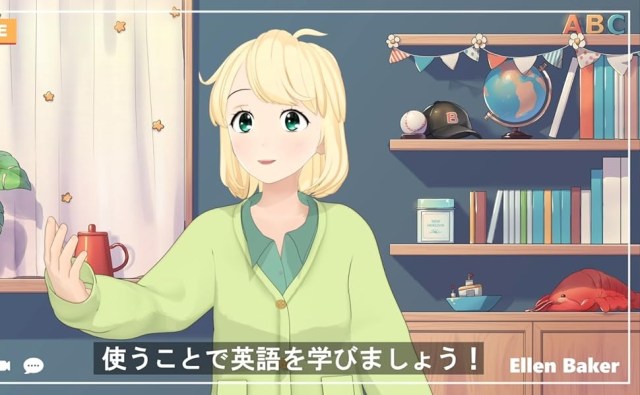

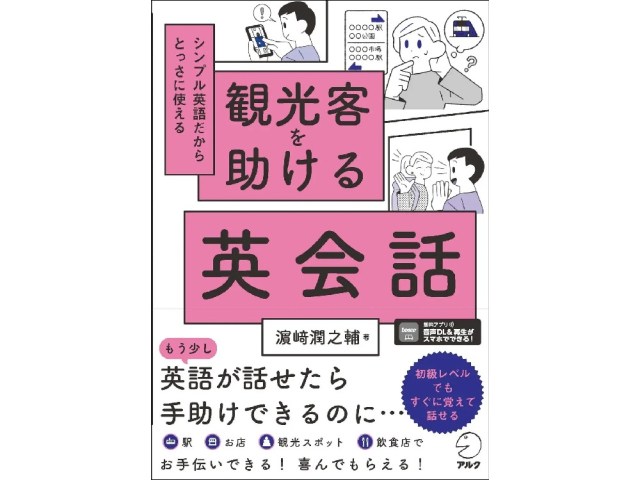
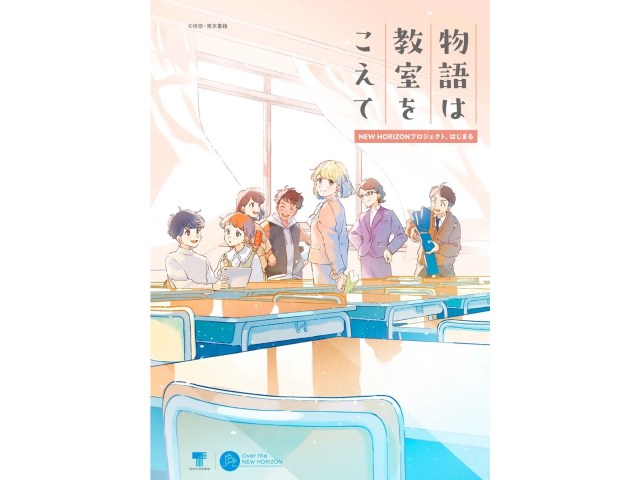











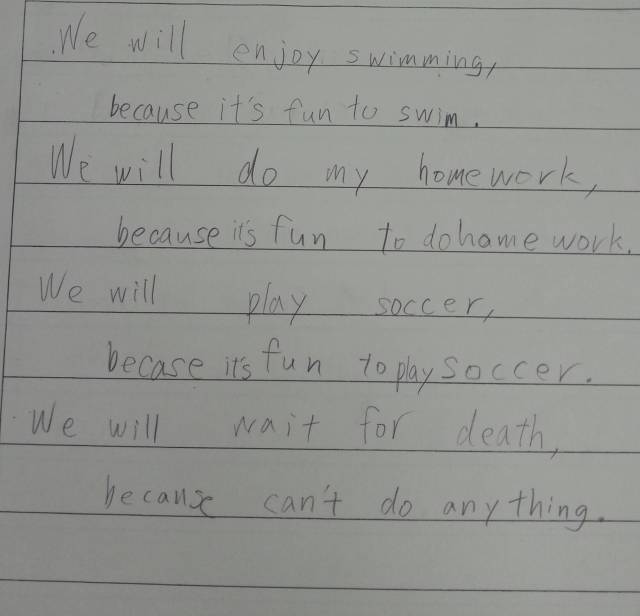
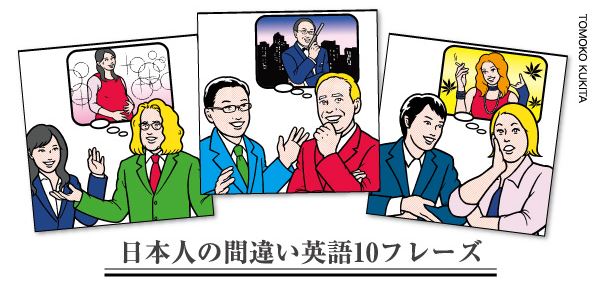

 How to order snacks on a Shinkansen bullet train in Japan
How to order snacks on a Shinkansen bullet train in Japan Demon Slayer: Kimetsu no Yaiba gets new roller coaster attractions and food at Universal Studios Japan
Demon Slayer: Kimetsu no Yaiba gets new roller coaster attractions and food at Universal Studios Japan New Nintendo Lego kit is a beautiful piece of moving pixel art of Mario and Yoshi【Photos】
New Nintendo Lego kit is a beautiful piece of moving pixel art of Mario and Yoshi【Photos】 Japan’s new difficult-to-drink-from beer glass protects your liver, but it’s a brutal experience
Japan’s new difficult-to-drink-from beer glass protects your liver, but it’s a brutal experience Hello, cosmetics! Clinique teams up with Hello Kitty this summer for first-time collaboration
Hello, cosmetics! Clinique teams up with Hello Kitty this summer for first-time collaboration Nintendo history you can feel – Super NES, N64, and GameCube controllers become capsule toys
Nintendo history you can feel – Super NES, N64, and GameCube controllers become capsule toys Which Studio Ghibli house would you most like to live in?
Which Studio Ghibli house would you most like to live in? Japan’s foreign population reaches historic milestone following largest-ever single-year surge
Japan’s foreign population reaches historic milestone following largest-ever single-year surge We check out the local flavors of the commonly confused Ome and Aomi areas of Tokyo in one day
We check out the local flavors of the commonly confused Ome and Aomi areas of Tokyo in one day Japanese gravure idol makes jaws drop with massive M-cup chest 【Pics & Videos】
Japanese gravure idol makes jaws drop with massive M-cup chest 【Pics & Videos】 “The most Delicious Cup Noodle in history” – Japan’s French Cup Noodle wins our heart【Taste test】
“The most Delicious Cup Noodle in history” – Japan’s French Cup Noodle wins our heart【Taste test】 Starbucks releases a cute Frappuccino and Unicorn Cake…but not in Japan
Starbucks releases a cute Frappuccino and Unicorn Cake…but not in Japan Kyoto Tower mascot termination reveals dark side behind cute Japanese characters
Kyoto Tower mascot termination reveals dark side behind cute Japanese characters McDonald’s Japan’s Soft Twist Tower: A phantom ice cream only sold at select branches
McDonald’s Japan’s Soft Twist Tower: A phantom ice cream only sold at select branches Yabai Ramen: What makes this Japanese ramen so dangerous?
Yabai Ramen: What makes this Japanese ramen so dangerous? Finally! Nintendo Japan expands Switch 8-bit controller sales to everybody, Online member or not
Finally! Nintendo Japan expands Switch 8-bit controller sales to everybody, Online member or not Japanese government wants to build luxury resorts in all national parks for foreign tourists
Japanese government wants to build luxury resorts in all national parks for foreign tourists To combat declining birth rate, Japan to begin offering “Breeding Visas” to foreigners
To combat declining birth rate, Japan to begin offering “Breeding Visas” to foreigners 10 things you should buy at 7-Eleven in Japan
10 things you should buy at 7-Eleven in Japan Studio Ghibli releases anime heroine cosplay dresses that are super comfy to wear
Studio Ghibli releases anime heroine cosplay dresses that are super comfy to wear Woman charged for driving suitcase without a license in Osaka
Woman charged for driving suitcase without a license in Osaka Studio Ghibli unveils My Neighbour Totoro miniature house model
Studio Ghibli unveils My Neighbour Totoro miniature house model Kyoto experiencing problems with foreign tourists not paying for bus fares, but not on purpose
Kyoto experiencing problems with foreign tourists not paying for bus fares, but not on purpose Fighting mild hunger with a Japanese soda that turns into jelly in the stomach【Taste test】
Fighting mild hunger with a Japanese soda that turns into jelly in the stomach【Taste test】 Studio Ghibli’s Howl’s Moving Castle tapestry unveiled in Japan for first time
Studio Ghibli’s Howl’s Moving Castle tapestry unveiled in Japan for first time McDonald’s new Happy Meals offer up cute and practical Sanrio lifestyle goods
McDonald’s new Happy Meals offer up cute and practical Sanrio lifestyle goods Sales of Japan’s most convenient train ticket/shopping payment cards suspended indefinitely
Sales of Japan’s most convenient train ticket/shopping payment cards suspended indefinitely Sold-out Studio Ghibli desktop humidifiers are back so Totoro can help you through the dry season
Sold-out Studio Ghibli desktop humidifiers are back so Totoro can help you through the dry season Japanese government to make first change to romanization spelling rules since the 1950s
Japanese government to make first change to romanization spelling rules since the 1950s Foreigner’s request for help in Tokyo makes us sad for the state of society
Foreigner’s request for help in Tokyo makes us sad for the state of society Ghibli founders Toshio Suzuki and Hayao Miyazaki contribute to Japanese whisky Totoro label design
Ghibli founders Toshio Suzuki and Hayao Miyazaki contribute to Japanese whisky Totoro label design Doraemon found buried at sea as scene from 1993 anime becomes real life【Photos】
Doraemon found buried at sea as scene from 1993 anime becomes real life【Photos】 Tokyo’s most famous Starbucks is closed
Tokyo’s most famous Starbucks is closed Princesses, fruits, and blacksmiths: Study reveals the 30 most unusual family names in Japan
Princesses, fruits, and blacksmiths: Study reveals the 30 most unusual family names in Japan Nintendo history you can feel – Super NES, N64, and GameCube controllers become capsule toys
Nintendo history you can feel – Super NES, N64, and GameCube controllers become capsule toys Which Studio Ghibli house would you most like to live in?
Which Studio Ghibli house would you most like to live in? Japan’s foreign population reaches historic milestone following largest-ever single-year surge
Japan’s foreign population reaches historic milestone following largest-ever single-year surge We check out the local flavors of the commonly confused Ome and Aomi areas of Tokyo in one day
We check out the local flavors of the commonly confused Ome and Aomi areas of Tokyo in one day Japanese gravure idol makes jaws drop with massive M-cup chest 【Pics & Videos】
Japanese gravure idol makes jaws drop with massive M-cup chest 【Pics & Videos】 High-fashion Totoro cuddle purse is like an elegant stroll in the forest【Photos】
High-fashion Totoro cuddle purse is like an elegant stroll in the forest【Photos】 We order an amazing Vegeta battle armor suit and dash down the street to celebrate Saiyan Day
We order an amazing Vegeta battle armor suit and dash down the street to celebrate Saiyan Day What if Sailor Moon characters were lingerie models? They’d look stunning like this 【Photos】
What if Sailor Moon characters were lingerie models? They’d look stunning like this 【Photos】 New Kura Sushi revolving sushi bar in Ginza is the chain’s most beautiful restaurant in Tokyo
New Kura Sushi revolving sushi bar in Ginza is the chain’s most beautiful restaurant in Tokyo Kyoto Tower mascot termination reveals dark side behind cute Japanese characters
Kyoto Tower mascot termination reveals dark side behind cute Japanese characters It’s like the samurai era never ended at this beautiful Japanese mountain town
It’s like the samurai era never ended at this beautiful Japanese mountain town Cup Noodles Campfire S’mores puts a weird new twist on instant ramen
Cup Noodles Campfire S’mores puts a weird new twist on instant ramen Eight surprising things to do in Northern Okinawa
Eight surprising things to do in Northern Okinawa Studio Ghibli releases Ponyo donburi bowl to bring anime ramen to life
Studio Ghibli releases Ponyo donburi bowl to bring anime ramen to life